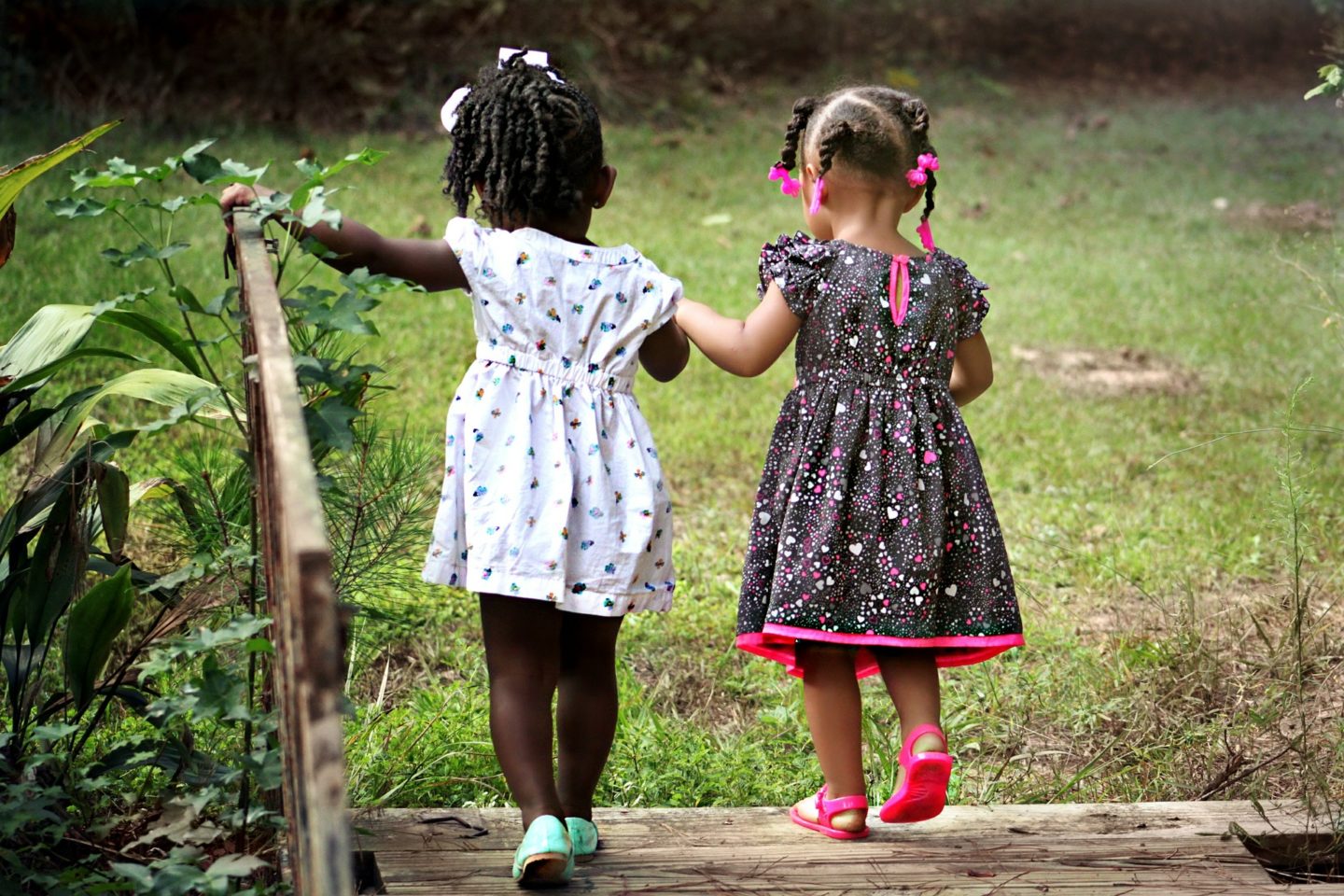
#ad. Disclosure – this is a collaborative post.
Forget alphabet and numbers games (okay, not entirely, they are very good), and encourage your children to spend more time playing make-believe games. Doing this can help children build skills in many essential developmental areas.
Engaging in pretend play with your child or encouraging your child to play games like this with their siblings or peers, promotes social and emotional skills as they experiment playing these roles of life. Through games like this, your child will learn how to take turns, share responsibility, and creatively problem-solve. As your child pretends to be different characters, they experience “walking in someone else’s shoes.” This teaches them empathy and helps them to understand the feelings of others eventually. It will also build up their self-esteem as they realize that they can be anything just by pretending.
The imaginary play also encourages your child’s language skills; you will often find if you listen to them play, you’ll hear them say words or phrases that you never knew they knew. It is likely that you’ll hear words you often say yourself or that a teacher would say. Pretend play helps your child understand how they can use language effectively, and by pretend play with others, they will learn that words give them the means to reenact a story or organize a game.
Pretend play also provides your child with a variety of problems to solve. Whether it be two children fighting over who gets to be mum or your child having to search for something to use for playing a firefighter or a police officer, they will have to use essential cognitive thinking skills that they will use in every aspect of their life, now and forever.
Playing these different roles can educate your children in a variety of different topics too. If they’re playing school, for example, it gives an opportunity to practice their reading or maths. You can encourage it by purchasing some transformations worksheets which they can use in the game. Pretending to be a pilot could encourage them to learn about travel and different countries, playing a chef will help them to learn about food, a zookeeper to learn about animals, etc.
All of these games can be encouraged by you, you only need to give them a nudge in the right direction of what to play, and you could buy a few props to spark their imagination. Empty boxes make for great homes and old telephones, clothes and shoes can be very useful too. Old sheets and blankets make for great dens too. Your children can also play with old cooking utensils and plastic food containers. Keep any old train tickets or boarding passes and foreign coins for holiday or travel games and stuffed animals and dolls are very useful when it’s time to play school or zoo.
